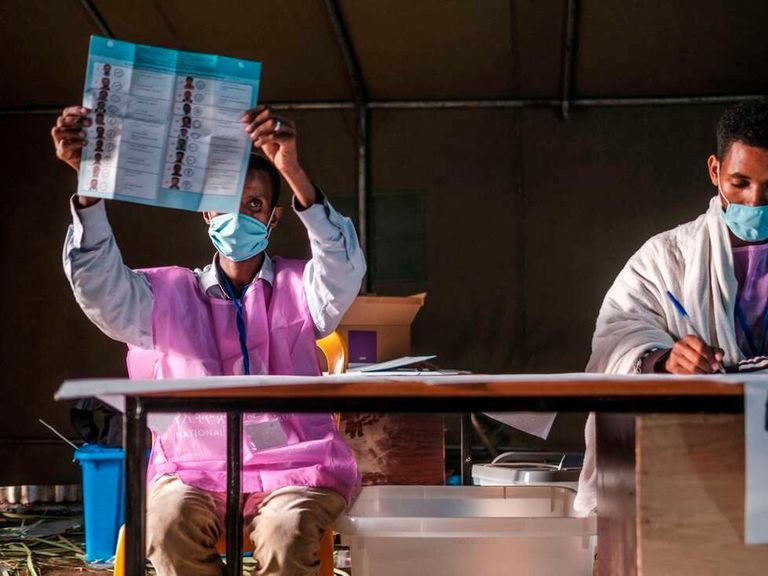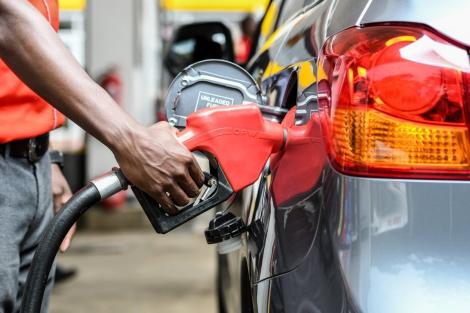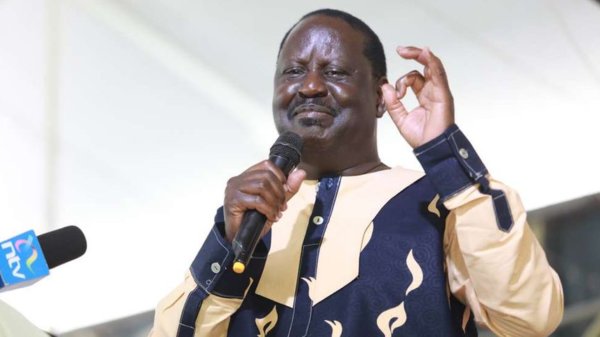
Following three years of political turmoil, Senegalese voters head to the polls to elect a new president in an entirely unpredictable election.
7.3 million people have registered to vote in the West African country’s election on Sunday, with two front-runners emerging, former prime minister Amadou Ba of the ruling coalition and anti-establishment challenger Bassirou Diomaye Faye.
They were both tax inspectors in the past, but they seem to have little in common now. Ba, 62, offers continuity, while Faye, 43, promises dramatic transformation and pan-Africanism.
Both predict they will win the first round, but with 15 other contenders in the field, including a single woman, a second round appears likely at an undetermined date.
The ultimate winner will be tasked with navigating Senegal out of its recent challenges while also managing earnings from oil and gas reserves that will soon begin producing.
Voting will close at 1800 GMT, and provisional results could be available overnight. The first official findings are expected in the following week.
Senegal has long been regarded as a paragon of democracy and stability in the coup-hit region. Hundreds of observers will be there, representing civil society, the African Union, the ECOWAS regional group, and the European Union.
A rowdy campaign, which lasted only two weeks after being truncated, followed a stunning last-minute change to the election date, which was previously set for February 25.
President Macky Sall’s intervention to postpone the presidential elections triggered rioting that resulted in four deaths.
Sall, who received international accolades last year for rejecting a potential third-term ambition, said he canceled the vote due to concerns that it would not go well.
After weeks of political turmoil, the country’s highest constitutional court intervened and compelled him to change the date to March 24, despite the fact that it coincided with the Muslim fasting month of Ramadan.

































































